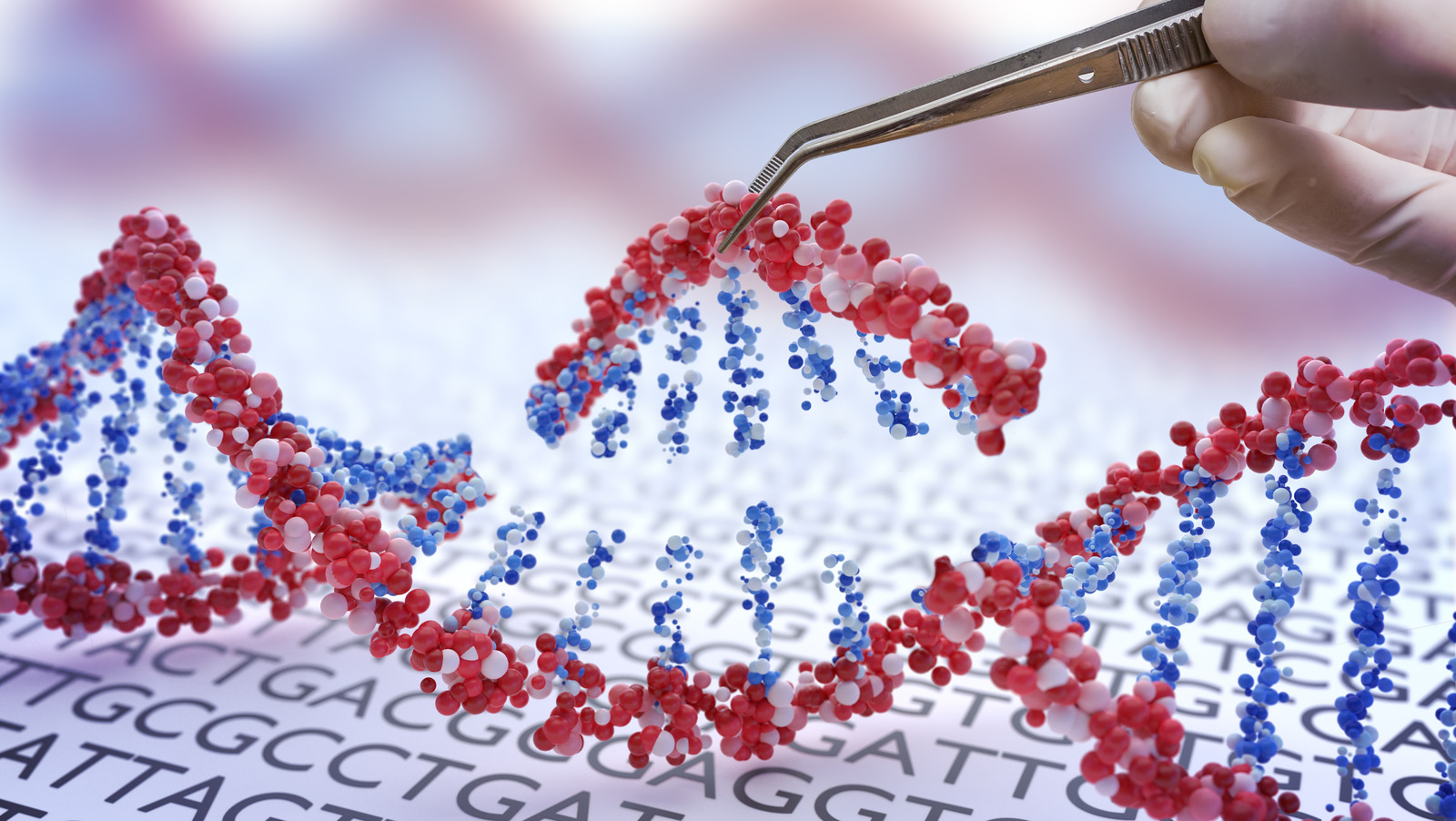
One of the largest takeaways from the recent study is the development of a new genome-sorting algorithm called Signature Fit Multi-Step, or FitMS, designed to cross-reference cancer sequences at a high speed. According to Science, FitMS detects organ-specific signatures and compares those to “additional rare signatures.” When applied, this can take some of the heavy lifting out of sequencing new cancer data samples, which should make further cancer research even simpler.
Genomic analysis isn’t currently a major part of cancer assessments if the report from Science is any indication. However, it sounds like this advancement could make such methods more commonplace, and that could translate to better cancer patient care in NHS clinics in the near future. Whole-genome sequencing is one of two processes that can be considered “next-generation sequencing,” according to Technology Networks. It is the first sequencing method that can sequence the entirety of a genome, which can enable deeper insight into genomes than the alternative method, whole-exome sequencing, which only targets protein-coded regions of the genome.
Stay connected with us on social media platform for instant update click here to join our Twitter, & Facebook
We are now on Telegram. Click here to join our channel (@TechiUpdate) and stay updated with the latest Technology headlines.
For all the latest Automobiles News Click Here
